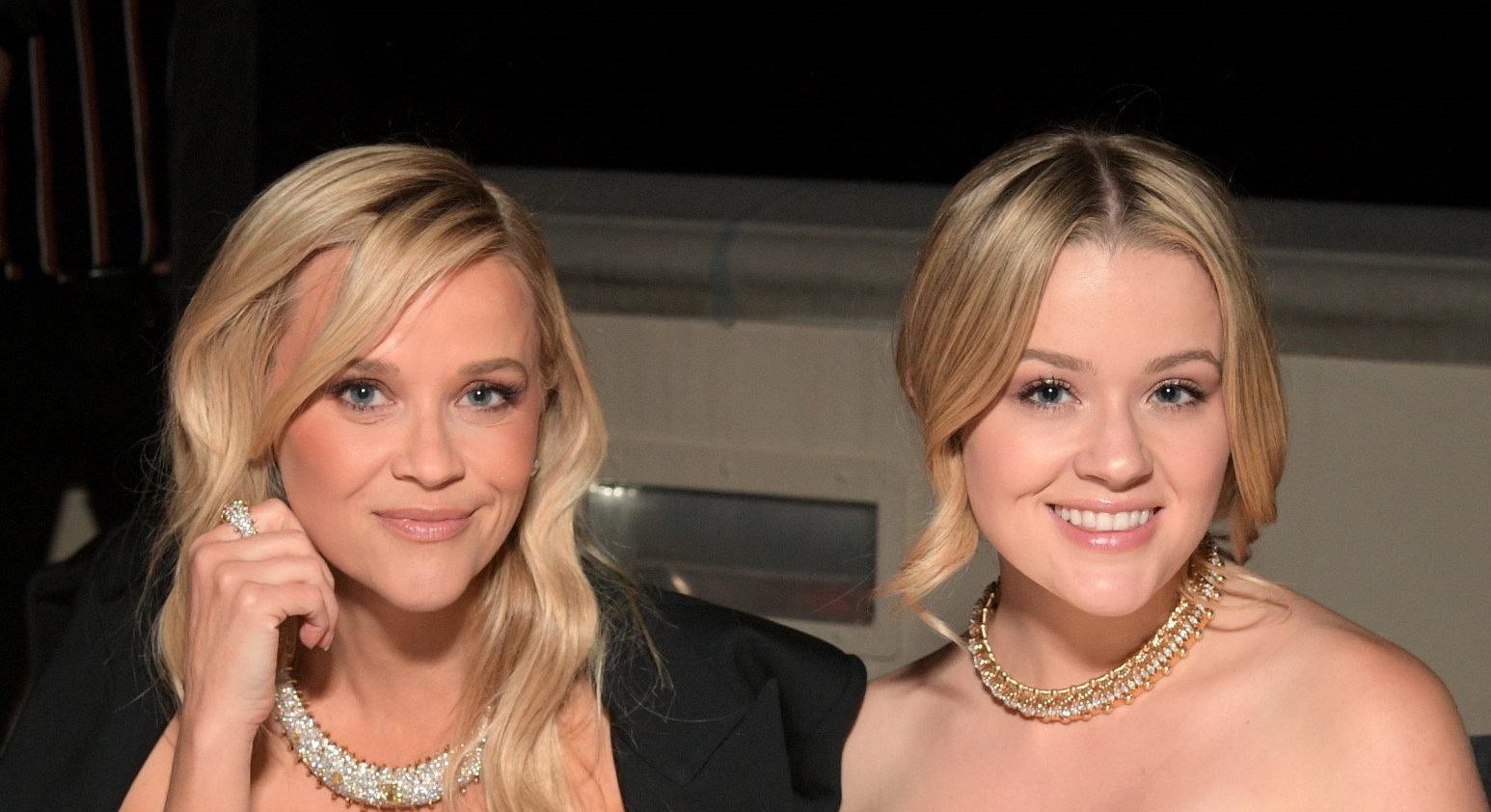Intuitive eating: The anti-diet that says to eat whatever you want!
In 1990, amid the fat-free diet craze, emerged the idea of intuitive eating. Today, in a culture where the terms "clean eating," paleo, keto, and fasting seem to be everywhere, the anti-diet is back in vogue. But what is it really? Let's dive into what it's all about.
Conceived by nutritionists Elyse Resch and Evelyn Tribole in 1995, intuitive eating involves renouncing diets and trying to lose weight. That doesn't mean pure gluttony. Instead, the method rests on the following ten pillars...
Image: Intuitive Eating, 4th Edition book cover
Intuitive eating says to say goodbye to quick-fix diets and false promises and say no to diet culture that makes you feel like a failure every time you gain back weight. Any hope that a new diet will be the one that works will stop you from being able to fully embrace intuitive eating, it argues.
The anti-diet says to keep your body fueled with energy and carbs, and listen to the hunger signals of your body. Ignoring hunger or starving yourself can create a primal drive to overeat, the authors argue.
The eating plan says to eat without restrictions. If you say you can't eat a particular food or class of food, it can lead to feelings of deprivation, extreme cravings, then, often, bingeing, followed by guilt, according to the nutritionists who came up with concept.
Intuitive eating means saying no to the negative rules that diet culture has created. It's creators say to scream a loud "NO" at the interior voice that says you're "good" for eating minimal calories but "bad" for eating a piece of cake.
For the Japanese, pleasure is one goal of healthy living. But pleasure should be a goal for everyone, according to intuitive eating. Its proponents say to experience pleasure and satisfaction in eating, as eating what you really want in an inviting environment can help you feel satisfied and content.
According to intuitive eating, you should trust yourself to choose the foods that you desire. Listen to hunger signals and observe fullness signs. Pause in the middle of eating to consider how the food tastes and how hungry you are.
The proponents of intuitive eating say its key to recognize that food restriction can in itself be a trigger of emotional eating. Find kind ways to comfort, distract, and resolve your issues and emotions. Food won't solve the problem, according to the anti-diet philosophy.
Intuitive eating says to accept your genetics and treat your body with dignity. Just as someone with big feet doesn't aim to shrink their shoe size, it's equally futile to aim for a body type that you don't have. Reject unrealistic expectations and be kind to yourself to feel better about who you are.
The philosophy says to be active and focus on how it makes you feel, not how many calories you burn. No militant exercise allowed. If you notice how you feel (i.e., energized) from movement, exercise can turn into something you want to do, not something you feel obliged to do, according to the authors.
Intuitive eating is all about making food choices that honor your health and taste buds. The authors say that one snack, meal or day of eating isn't what will make the difference in your health; what really matters is what you eat consistently over time. Embrace progress, not perfection is a mantra.
Dr. Jennifer Gaudiani, who specializes in eating disorders, says she uses this method to treat patients and told the New York Times that intuitive eating is the "goal of eating disorder recovery." A 2021 study confirmed that intuitive eating was mentally positive for people with anorexia and bulimia and lowers the odds of binge eating, fasting, taking diet pills and vomiting.
Pop star Demi Lovato has publicly credited intuitive eating with helping them recover from an eating disorder that began around the age of nine.
Another singer who has spoken about her hatred for diets and her love for intuitive eating. "Photoshop, restrictive eating, over exercising, and choosing angles that make our bodies look different…I remind myself of this, listen to podcasts on intuitive eating, follow women who accept their cellulite, stretch marks, bellies, bloating, and weight fluctuations," Cabello posted on Instagram.
More than 100 academic studies have examined intuitive eating, including a 2021 meta-analysis that found the method boosted people's body image, self-esteem and psychological well-being.
Smaller studies have found that intuitive eating could "help decrease the risk of cardiovascular disease among older adults," improve blood sugar in diabetic teenagers and boost the intake of fruits and veggies. "Intuitive eating shows promise as a healthier alternative to practices such as dieting," says one study.
Main proponents of intuitive eating are outraged that doctors are still very often singularly focused on the number on the scale. Intuitive eating is still largely ignored as mainstream nutritionists and doctors still tend to gravitate to eating plans and calorie restrictions to lose weight.
Dr. Fatima Cody Stanford, an obesity medicine physician at Harvard Medical School, told the New York Times that intuition around eating can be clouded by various factors (i.e. hormones, weight, metabolism, processed foods designed to addict). She said there were some good ideas in the method but that its refusal to look at weight was "disturbing" due to the potential negative health impacts of obesity.
Despite arguments about the negative health effects of being overweight, the intuitive eating nutritionists told the NYT that the focus on weight "disconnects people further" from their inner wisdom about food. They point to a study saying that up to two-thirds of dieters regain more weight than they lose, and these fluctuations can be dangerous for health.
Photo: i yunmai/Unsplash
Bucking the cultural obsession around diets is also an act of resistance. In the newest edition of the book, the authors argue that fatphobia is rooted in a history of white supremacy and patriarchy. With intuitive eating, they say they're "coming together to undo that oppression."
































